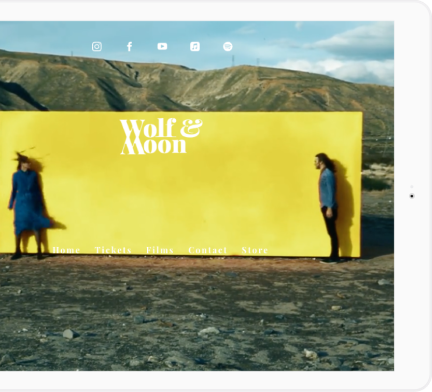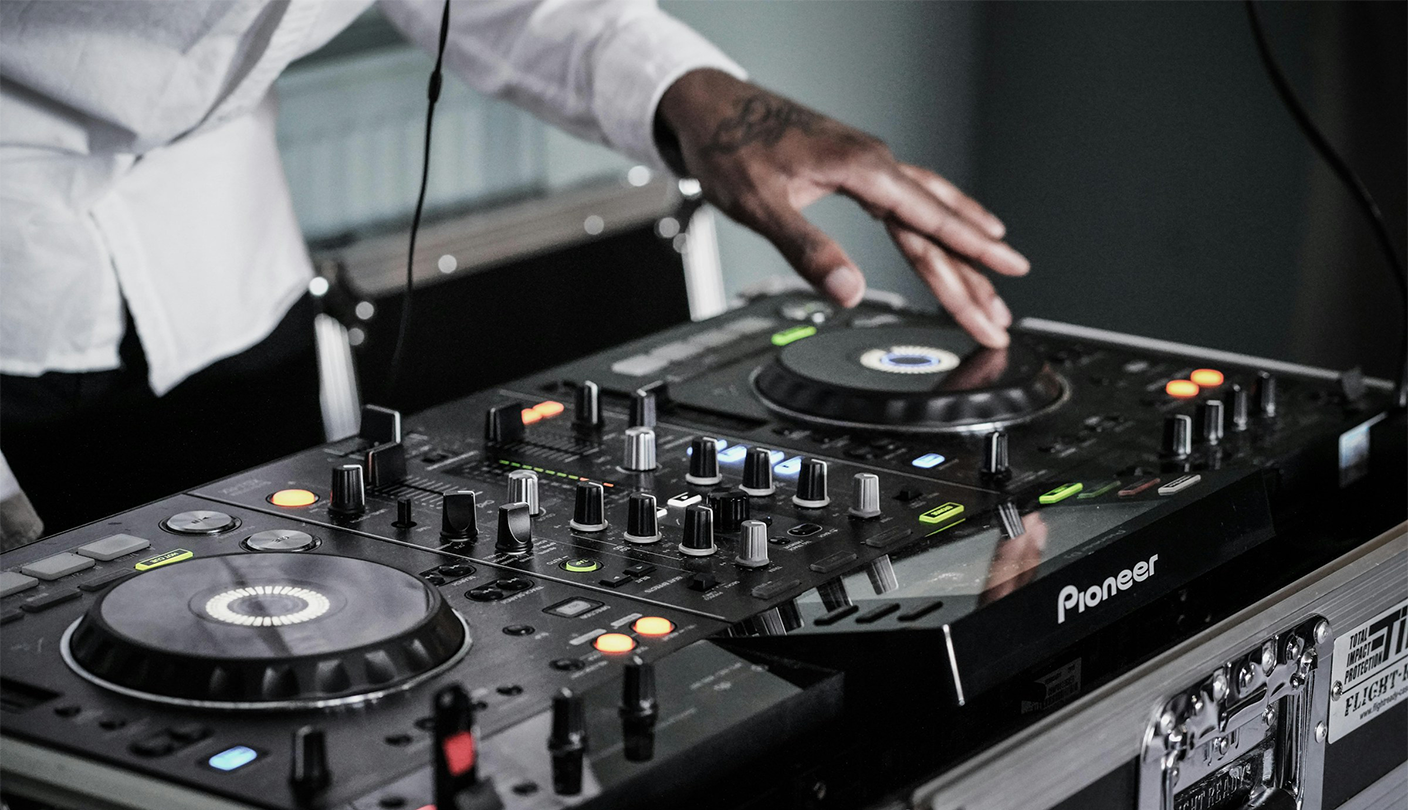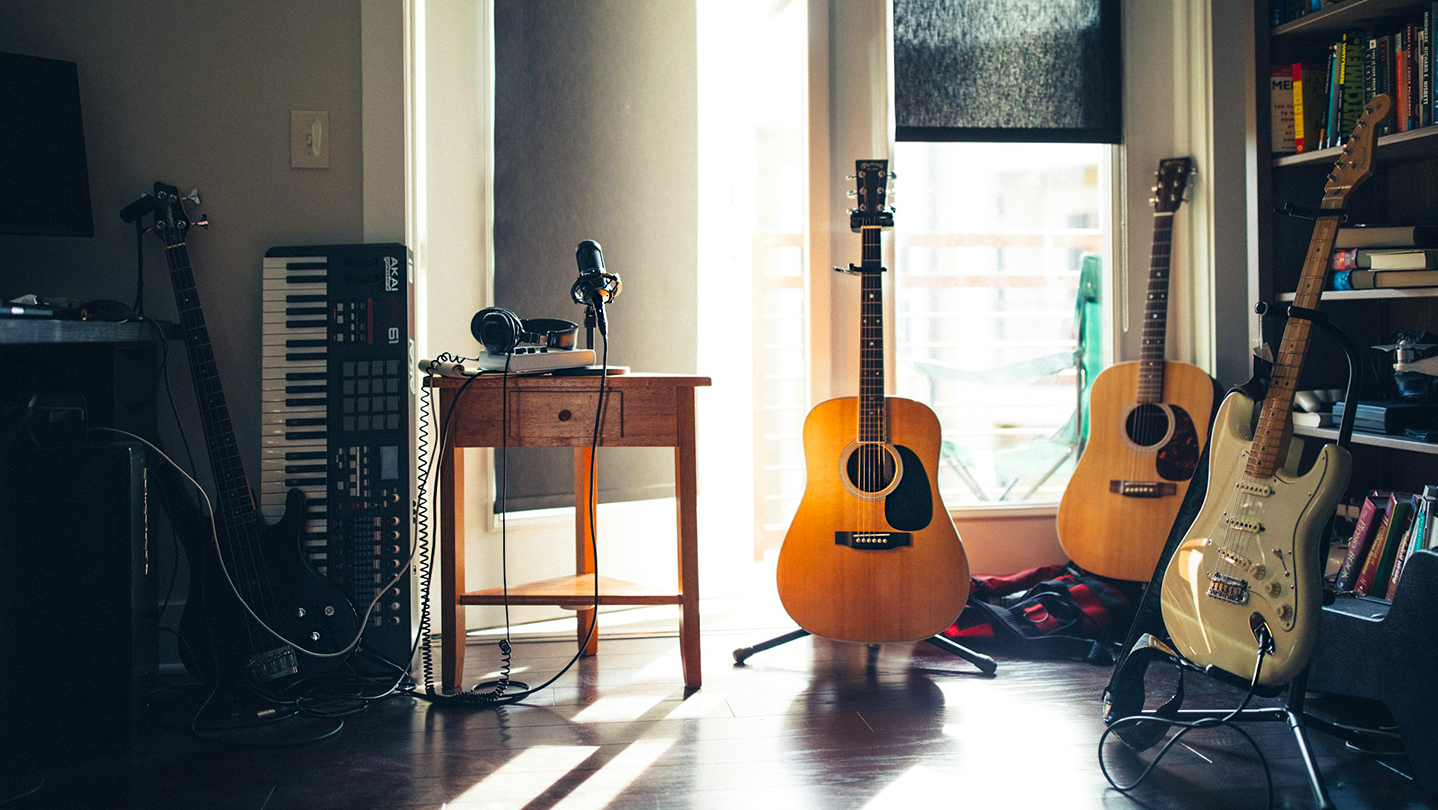You care about the environment. But you find it difficult to be eco-friendly in a society that is not always so eco-friendly. How do you navigate this, especially as an indie musician who needs equipment and supplies that surely are not organic, fair-trade, and whatever other buzzwords we use? Here are some tips that will hopefully help you…
It’s nearly impossible
It’s impossible to be 100% environmentally friendly. We’ve built a world for ourselves where everything requires carbon emissions and oil helps make just about everything. Oil-based plastics make up the pickguard on your guitar, the keys of your keyboard, the different parts of your computer, and even the threads of your shirt.
But that doesn’t mean we can’t do things to be more eco-friendly. It’s all about being conscious about your decisions.
To be clear, the sole onus should not be on individuals to take care of the planet. Since 1988, only 100 companies have been responsible for “71% of industrial greenhouse gas emissions.” So companies and corporations need to be just as, if not more, eco-conscious as the rest of us.
But there are things we can do to lessen our bad emissions and bring awareness of environmental problems. Even as an indie musician, there are ways to be more eco-friendly.

Build a stunning website for your music
Bandzoogle gives you all the tools you need to create your own unique band website, including responsive templates and commission-free selling tools.BUILD YOUR WEBSITE
How to be more eco-friendly as a musician
Many times, there’s just no way around buying oil-based plastics. You need equipment and instruments to record and play music, most of which have plastic in or on them. But here are some ways you can be a bit easier on the environment.
Touring differently
Touring is hard to do in an eco-friendly way. You have to get from city to city, so you’ll have to use energy and burn gas. However, there are some small changes you can make to help curb emissions, like:
- Rent a fuel-efficient vehicle
- Tour closer to your hometown so there’s less driving involved (this will also be easier for you and your crew)
- Tour with another artist/band and share a bus
Also, check out The Green Rider, a list of eco-friendly requirements you would give to venues. It covers every aspect of touring, like requesting to stay at a hotel with the Green Key label, asking the venue to avoid single-use plastics, and even asking to not print the rider. If you truly want to “tour green,” this is a helpful place to start.
Make merch consciously
Merch is a tough one because as a career musician, you’ll be looking for the biggest ROI, and therefore the best deal. But if you’re willing to invest slightly more to be slightly more eco-friendly, there are definitely ways to do that. In this case, you could do smaller batches of merch so you don’t have to spend as much upfront (this will also create scarcity which may drive more sales).
Here are some places you can make custom merch that’s also eco-friendly:
- Printful: a selection of eco-friendly products, like apparel, bags, and hats
- Merchery: T-shirts, mugs, hats, tote bags, and a lot more
- Real Thread: various shirts and bags
- Print Natural: shirts, sweatshirts, tote bags, and hoodies
Buy used equipment
Buying used equipment is a small way to be more eco-friendly because you’re not adding to the demand for creating new stuff.
And I know, sometimes there’s no way around buying a new piece of equipment. But I will say, a lot of the equipment and instruments in my studio are used, so buying pre-owned equipment is not so far-fetched.
The Macbook I’m writing this on used to be my friend’s and we bartered for it. Most of the guitars I own were given to me. My keyboard was a gift, which originally came from Craigslist. Yes, I’ve been very fortunate and have generous people in my life.
That being said, I have bought plenty of new equipment, like my monitors, my SM7B, and my interface.
But buying used when you can is a small way to be more conscious of the environment.
Here are some places you can find good-quality used equipment and instruments – just remember to always try before you buy:
- Facebook Marketplace
- Craigslist
- Friends who are upgrading their equipment
- Garage sales
- Thrift stores (I found an Electro-Voice ND257 for $10 at a Goodwill, and this mic is modeled after the Shure SM58)
Donate to eco-friendly charities
One of the best ways to help the environment as an indie musician is to offset your carbon usage by donating. Because we live in a world where it’s practically impossible to be 100% eco-friendly, donating to organizations that help the environment is a way you can help offset your bad emissions.
Here are some good organizations you can donate to:
- The Nature Conservancy: helps plant trees
- Earthjustice: provides legal representation to protect natural resources and wildlife
- The Conservation Fund: works to protect land and water resources across the United States
- The Amazon Conservation Team: protects the Amazon rainforest
- Plastic Pollution Coalition: helps “create a more just, equitable, regenerative world free of plastic pollution and its toxic impacts”
Raise awareness
As a musician, you have a following on social media. Even if it’s small, people care what you have to say.
And one way to help move the needle toward a healthier environment is to post helpful resources on social media, encouraging others to be more environmentally conscious. You could even put a link in your bio (ahem, using SmartLinks) that directs people to donate to an eco-friendly cause.
These are all small ways you can be a little more eco-friendly as an indie musician. If we all do our part – which includes holding corporations accountable for their carbon emissions – maybe we can make a difference. Maybe we can keep our environment healthy for a long time to come.



